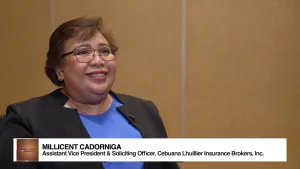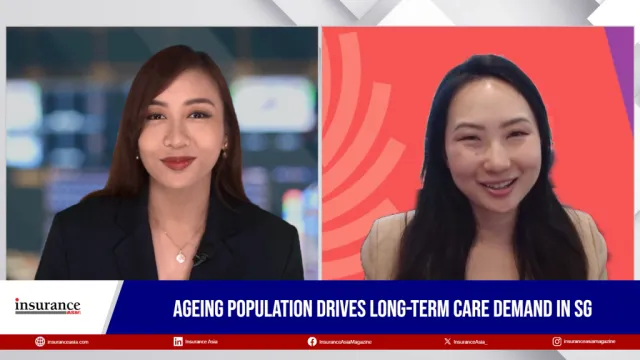
APAC leads in automotive usage-based insurance market growth
The global market, valued at $58b in 2023, is set to expand to $249b by 2032.
The Asia Pacific (APAC) region is projected to flaunt a higher compound annual growth rate (CAGR) compared to its peers in the global automotive usage-based insurance (UBI) market.
APAC’s growth will be driven by mobile connectivity, telematics-equipped vehicle sales, and robust telecommunications infrastructure.
The market, valued at $57.86b in 2023, is set to expand to $248.94b by 2032, with a projected CAGR of 17.9% during the forecast period starting from $66.80b in 2024, a Fortune Business Insights report revealed.
Automotive UBI is impacting customer relationships by offering regular reports, personalised advice, and monthly billing tailored to driving patterns, contrasting with annual renewals. This transparency and flexibility enhance brand loyalty, retention rates, and attract new business, fostering market growth globally.
Insurers utilise driving data to accurately assess and price risk, optimizing policy margins and targeting new customer segments effectively. Even non-users benefit from refined risk profiles based on aggregated driving data, boosting profitability and efficiency in claims processing.
However, concerns over data privacy and security remain critical. Recent global data breaches, including incidents affecting millions of insurance policyholders, have dampened consumer trust and adoption rates, potentially hindering market expansion.
Despite these challenges, the benefits of usage-based auto insurance are poised to drive significant market growth, emphasizing the need for robust data protection measures to reassure consumers and sustain industry momentum.
UBI for automobiles differs from traditional insurance by assessing premiums based on driving behaviour and distance rather than fixed amounts. Factors like speed, acceleration, braking patterns, and driving habits are analysed to determine insurance costs.
UBI offers benefits such as improving driving habits, aiding in stolen vehicle recovery via location tracking, and combating insurance fraud through telematics data. These capabilities streamline claims processing and enhance accident prevention.
The Pay-How-You-Drive (PHYD) segment is expected to dominate the market, utilising real-time driving data to accurately price premiums and offer incentives for safe driving.
Pay-As-You-Drive (PAYD) follows closely, appealing to customers with short commutes and contributing to reduced crash rates and insurance costs.
Manage-How-You-Drive (MHYD), focusing on driving improvement rather than just assessment, is anticipated to be the fastest-growing segment, driven by advancements in data analytics technology.
North America leads the market, valued at $26.42b in 2023, due to increased Mobility-as-a-Service adoption and collaborations between OEMs, insurers, and telematics firms.



















 Advertise
Advertise







